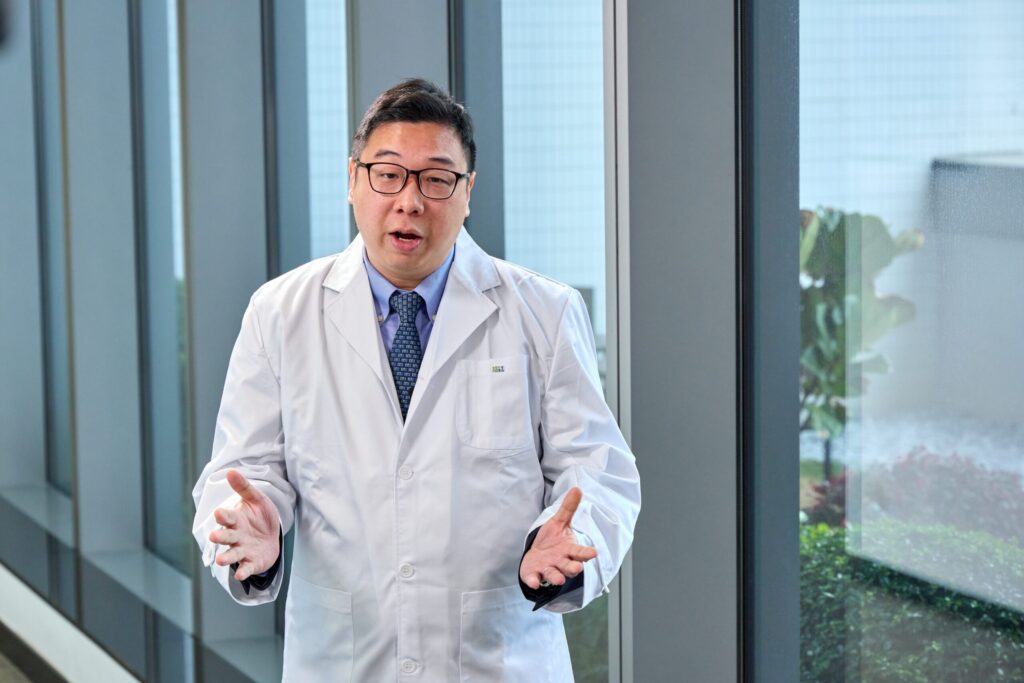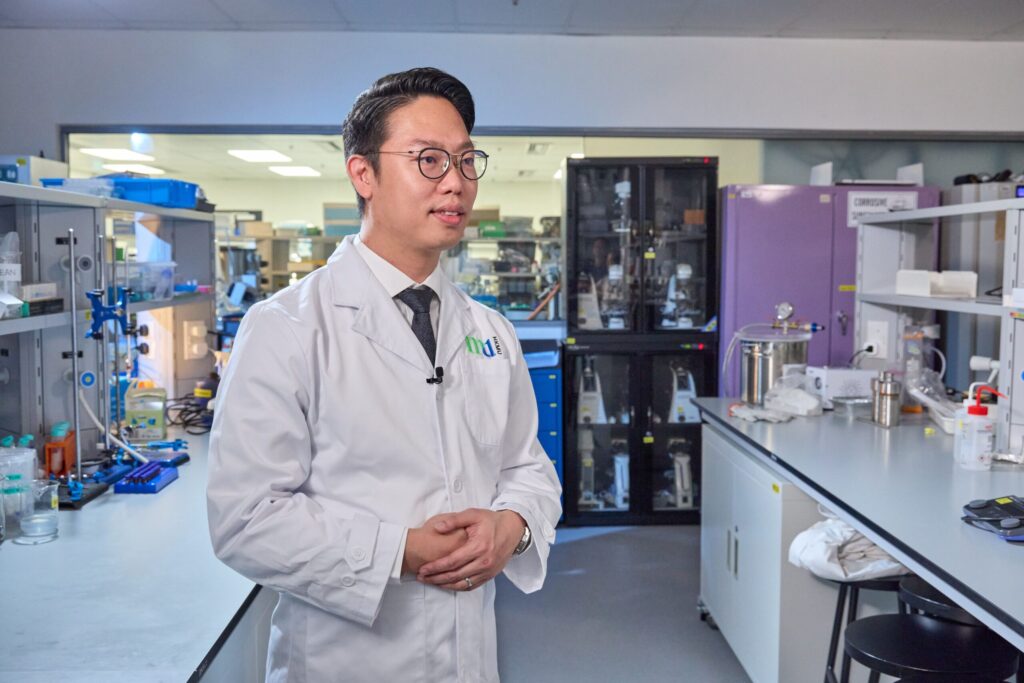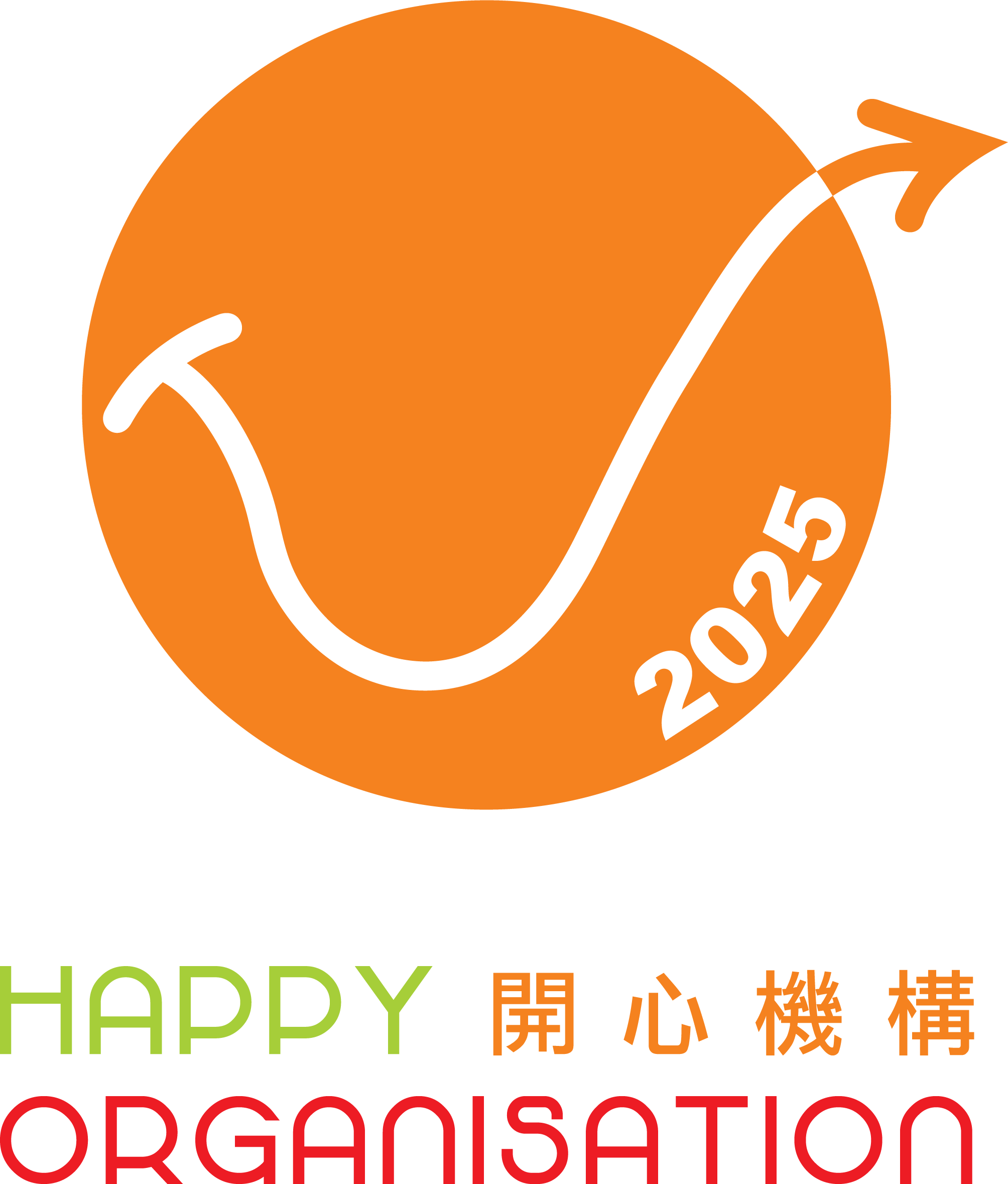Hong Kong Metropolitan University (HKMU) has a long and excellent track record in environmental science research, especially on harmful algal blooms (HABs) and beneficial applications of microalgae. To further microalgae research in the Greater Bay Area (GBA) and Southeast Asia, in 2022, the School of Science and Technology (S&T) of HKMU established the first open-access microalgae collection and research centre in Hong Kong: the Metropolitan Algal Repository and Supply (MARS).
Microalgae are single-celled photosynthetic organisms found in freshwater and marine environments. Although they average only five micrometres in size, they have a significant impact on the environment and on mankind. Prof. Fred Lee Wang-fat, Associate Dean of HKMU's School of S&T and a researcher specialising in microalgae biology, pointed out that in recent years, many studies have found that microalgae have high application value. For example, they can be converted into biofuels and bioplastics. However, different microalgae species have different characteristics, and harmful algal blooms, for instance, can cause serious ecological damage and huge economic losses to the aquaculture and capture fisheries industries. “Therefore, the classification, identification and utilisation of microalgae are of great benefit to the environment, society and the economy,” he added.
To speed up the progress of related research, many countries in Europe and the United States have set up algal repositories in recent years. Dr Sidney Chan Man-ngai, Assistant Professor in HKMU's School of S&T, said that Hong Kong also needs a platform to facilitate academic research in this field. Currently, MARS is the only open-access algal repository in Asia, apart from Japan. “With Hong Kong's natural advantage of being backed by the Motherland and interacting with the rest of the world, MARS can provide solid support for algal research in the GBA and Southeast Asia, and serve as a platform for exchanges with the rest of the world,” he elaborated.
The aim of the well-equipped MARS is to more effectively collect, conserve and utilise microalgae resources. Microalgae samples will be collected regularly from the coastal areas of Hong Kong and other parts of the GBA for analysis and identification in order to determine their species and characteristics. In addition, MARS will preserve the samples and document relevant information, such as species and their growth condition, in the database to facilitate future research to further explore the diversity of, and applications for, microalgae.
MARS will also organise workshops, seminars and training to enhance the knowledge and awareness of local teachers, students and academics on the microalgae ecology to promote knowledge exchange and cooperation, advance the development of microalgae research, and share the latest research findings with the public. It will also set up an online platform to disseminate microalgae-related information and research achievements, as well as to provide distribution and deposition services of algal strains, to provide easier access of microalgae samples to researchers and relevant organisations.
Prof. Fred Li said he hopes that MARS will lay a solid foundation for microalgae research at HKMU and elsewhere in Hong Kong. Looking forward, MARS will continue to undertake advanced research and contribute to the study of environmental science both locally and globally.
Leveraging HKMU's strengths in microalgae study, a research team from the School of S&T will initiate a study on “Oxidative activity of mangrove leaf phenolics and their inhibition and physiology of harmful algal species, and the underlying molecular mechanism”, to explore new directions in the prevention and control of harmful algal blooms. The project recently received funding of over HK$1 million from the Research Grants Council under the “Competitive Research Funding Schemes for the Local Self-financing Degree Sector”.
















